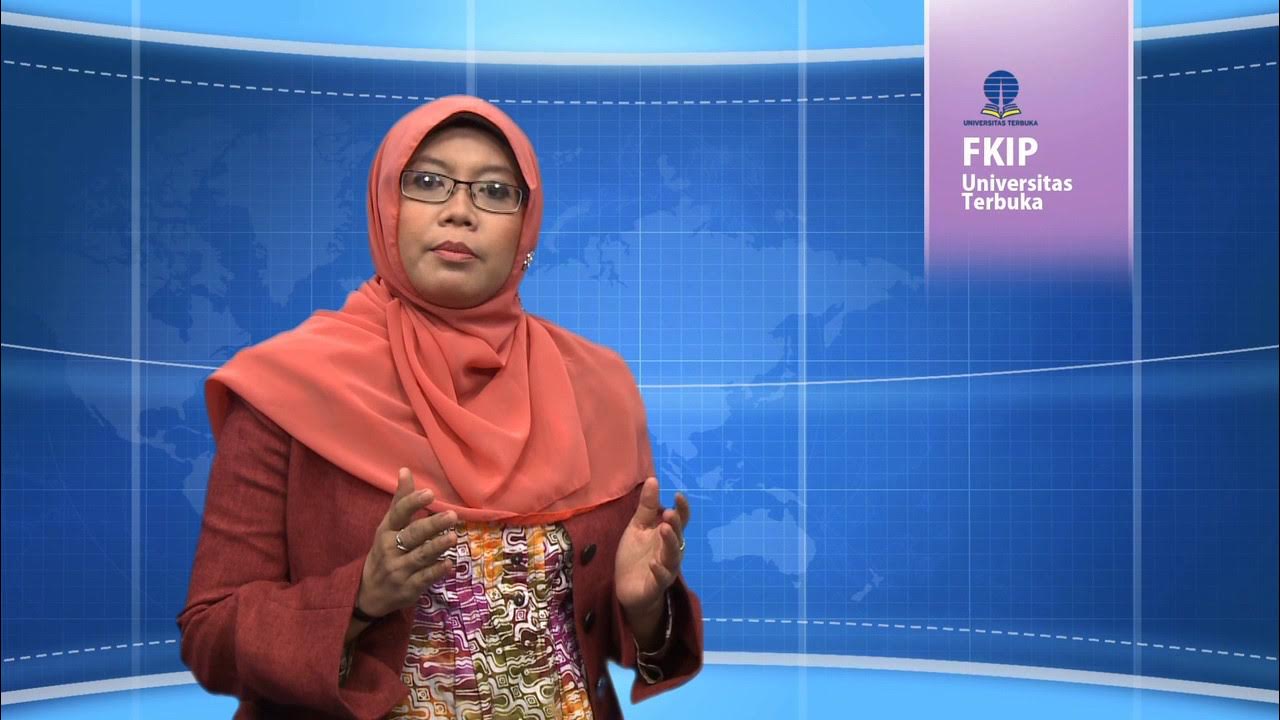FOCUS ON PROCESS: HOW CHILDREN ACQUIRE LANGUAGE (INITIAL LISTENING)
Summary
TLDRThis engaging presentation explores the stages of language acquisition in children, highlighting how they communicate from birth through crying, cooing, and babbling. It details the progression from single words to two-word sentences, illustrating the development of grammar and vocabulary. The speaker emphasizes the similarities in language learning across cultures and encourages reflection on personal language experiences. By comparing first language acquisition with the process of learning a second language, the talk offers valuable insights into the complexities and wonders of language development in early childhood.
Takeaways
- 👶 Babies can communicate from birth through crying, indicating their needs and feelings.
- 🍼 The first stage of language acquisition begins a few weeks after birth, with babies making cooing noises when happy.
- 👂 Around 4 months, babies worldwide start babbling, producing similar sounds despite their language background.
- 🌍 By 10 months, the babbling sounds vary by language, reflecting the cultural environment.
- 🗣️ Babies begin speaking their first words around their first year, often inventing their own words for objects.
- 🔤 At 18 months, children start forming two-word sentences, using basic grammar structures.
- 📜 This early speech is termed 'telegraphic speech,' where unnecessary words are omitted.
- 🧠 Between ages 2 and 3, children learn to use past tense verbs, applying grammatical rules but also making mistakes.
- ⚠️ Overgeneralization occurs when children incorrectly apply grammar rules to irregular verbs.
- 🌟 The process of language acquisition is rapid and exhibits similarities across different cultures.
Q & A
What is the first way babies communicate after birth?
-Babies communicate by crying, which signals to their parents that they are hungry, unhappy, or uncomfortable.
At what age do babies typically start to babble?
-Babies usually begin to babble around 4 months of age.
How does babbling differ among babies from different language backgrounds?
-By 10 months old, the babbling of babies from different language backgrounds starts to sound different, reflecting the phonetic characteristics of their native languages.
What is a common behavior of babies when they first start speaking?
-Initially, babies invent their own words for things; for instance, a baby in an English-speaking home might say 'Baba' for bottle.
What does a one-word sentence from a baby usually convey?
-A one-word sentence, like 'juice,' often implies a request, such as 'I want more juice.'
What is 'telegraphic speech'?
-Telegraphic speech is when babies begin to form two-word sentences, omitting all but the essential words, like 'Daddy up' which means 'Daddy, pick me up, please.'
How do children learn grammar between the ages of 2 and 3?
-Children start to learn more grammar rules, such as using the past tense of verbs, and they often make overgeneralization mistakes.
What is an example of an overgeneralization in children's speech?
-An example of overgeneralization is when a child says 'I go to bed' instead of 'I went to bed' or 'I eat ice cream' instead of 'I ate ice cream.'
Why do children make grammatical mistakes as they learn language?
-These mistakes are normal as children are learning rules for regular verbs but may not yet understand that some verbs, like 'eat,' are irregular.
What similarities exist between the processes of first and second language acquisition?
-Both processes involve stages of development, with children and adults learning to communicate through exposure, but the methods and experiences can differ.
Outlines

此内容仅限付费用户访问。 请升级后访问。
立即升级Mindmap

此内容仅限付费用户访问。 请升级后访问。
立即升级Keywords

此内容仅限付费用户访问。 请升级后访问。
立即升级Highlights

此内容仅限付费用户访问。 请升级后访问。
立即升级Transcripts

此内容仅限付费用户访问。 请升级后访问。
立即升级5.0 / 5 (0 votes)






